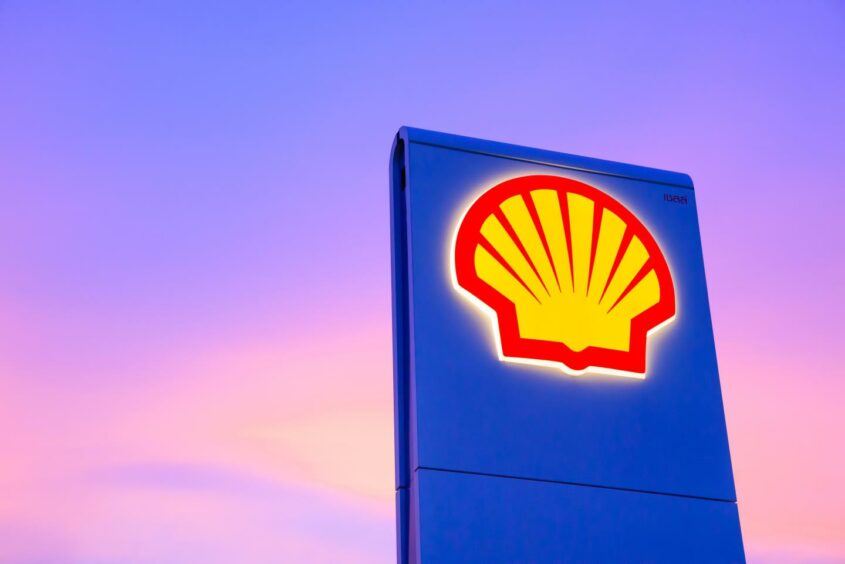 © Shutterstock / siam.pukkato
© Shutterstock / siam.pukkato Japan has reportedly offered to give Indonesia a loan to buy Shell’s (LON:SHEL) 35% equity in the proposed Abadi liquefied natural gas (LNG) project in the Masela Block offshore Indonesia that is led by Japan’s Inpex (TYO:1605). The move is aimed at kickstarting the long delayed development.
In their bilateral talks in Tokyo on July 27, Indonesia’s President Joko Widodo, known locally as Jokowi, and Japanese Prime Minister Fumio Kishida agreed in principle to revive the Masela gas project, which has stalled. Jokowi reportedly agreed to buy Shell’s 35% participating interest in the project after PM Kishida offered an official loan through Japan Bank for International Cooperation (JBIC), noted the Jakarta Post on 15 August.
As reported previously by Energy Voice, the value of Shell’s stake is estimated at between $800 million and $1 billion. Jokowi has instructed national oil company Pertamina to explore the possibility of buying Shell out. Indonesia’s investment minister and investment coordinating agency chief Bahlil Lahadalia said apart from Pertamina, the state-owned wealth fund Indonesia Investment Authority (INA) was also another potential buyer of the stakes, added the Jakarta Post.
Pertamina is reportedly studying the proposal and is expected to decide by next month.
The Masela development has long struggled to gain traction. Moreover, Shell’s divestment process has so far been unsuccessful, adding further uncertainty for the stalled project, which holds 360 billion cubic metres (cm) of gas in the Abadi field. But, despite the block’s proximity to Asian demand markets, it has proved tough to find buyers for one of the world’s largest undeveloped gas resources.
Development of the block is important for Indonesia as it seeks to significantly boost upstream gas production this decade. For Japan, the project is seen as increasingly more strategic following Russia’s invasion of Ukraine. Japan, as part of the G7, has taken a stand against Russia, which leaves Japanese interests in the Sakahalin-2 LNG export project at risk in Far East Russia.
Development of Abadi’s proposed 9.5 million tonne per year (mtpy) onshore liquefaction scheme will be technically challenging and was previously expected to cost around $18 billion to $20 billion before the idea of carbon capture and storage (CCS) was considered. The project includes a large FPSO unit capable of handling 51 million cm per day of gas and up to 36,000 barrels per day of condensate, as well as a deep-water trunk pipeline from the Abadi field to proposed liquefaction facilities on Yamdena in the remote Tanimbar Islands. Adding more complexity and cost to the project is the need to incorporate carbon capture and storage (CCS) or carbon capture utilisation and storage (CCUS).
Inpex recently reiterated that it is targeting start-up of the stalled Abadi LNG project in the Masela Block offshore Indonesia in the early 2030s.
During its 1H results, Inpex said it is continuing “negotiations with the Indonesian government and concerned parties for the re-revision of the plan of development, aiming to reach FID in the second half of the 2020s.”
